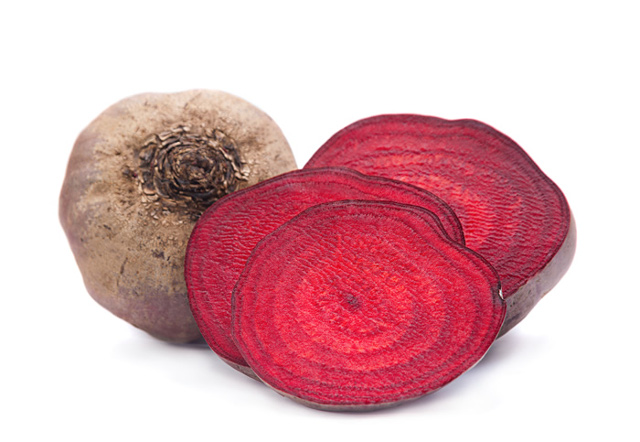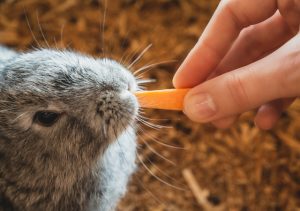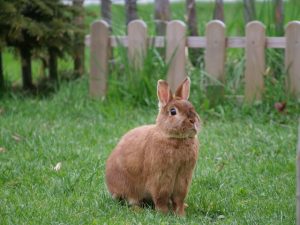Can rabbits eat beetroot?
Yes, but watch for the amounts. How much sugar does a beetroot have? In the root part of the plant, it's a lot of energy, therefore, beetroots are very rich in nutrients and sugars. Beets also contain fats and proteins, some calcium and phosphorus and a few fibers. Too rich is not good for rabbits.
Despite all these healthy elements beetroots and all other types of root vegetables should hold a small space in your rabbit's diet. Rabbits don't naturally eat root vegetables.
Wash the beetroot skin thoroughly before you cut it into very small pieces to your rabbit. You can feed the skin, too. The red color of the beet can stain your rabbit's fur so it's better to give it from your hand or from a bowl.
Beetroot is a non-leafy green and too much of it can cause diarrhea and gas. The same for broccoli and cauliflower. It's best to try these vegetables in small amounts, at first, and then watch your rabbit's poop in the next 24 hours. If you notice a runny stool or any behavioral changes stop feeding root vegetables or any other type of greens or fruits. Feed your pet rabbit only hay and water and only a few high-fiber pellets.
Very important! Do not panic if on the following day your rabbit's urine has an unusual pink color. It's absolutely normal. This is happening to humans, too. The same when feeding beet greens.
Should rabbits eat root vegetables like beetroots or carrots?
People imagine that rabbits normally eat root vegetables such as carrots, beetroots or radishes. Rabbits' bellies are still adapted to the wildlife and it can become very sensitive when they are not eating their basic diet.
Root vegetables are not such a good food for rabbits. They can digest them but, in the wild, they don't normally eat root vegetables. Carrots/fruit are high in sugar and should only be fed in small amounts as occasional treats.
The basic rabbit diet consists of hay (80%), water and some fresh food or pellets, at your choice. The recommended fresh foods (20%) consists of:
- fruits (10% of the fresh food)
From time to time you can give him some fruits, too. Check out this list of recommended fruits for rabbits. - vegetables (90% of the fresh food) that consit of:
1. leafy greens (75% of the fresh food) = 1 cup of greens for 2 lbs of rabbit body weight.
Rabbits, like any other herbivores animal, have a preference for veggies, especially for leafy greens. They like the taste of it but most of all the texture. They enjoy the feeling of munching on things. It also provides roughage to their teeth.
2. non-leafy greens have to be in limited amounts, only as a treat (15% of the fresh food) = 1 tablespoon per 2 lbs of body weight per day.
You can feed these amounts once a day or divided into two or three feedings a day.
If you're not feeding a fresh diet you can give your rabbit a small quantity of high-fiber pellets. Especially when you don't have veggies on hand or they are wilted. But of course, pellets must be also fresh.
Can rabbits have cooked/canned beetroots? What about baby rabbits?
Never feed your rabbit cooked or canned beetroot.
Why? Because it's even more starchy. It has less fiber and too much salt (the canned beetroot) for your pet rabbit to eat. Plus, it leaves even more stains. Fresh is always better. Too much sugar and starch change the bacterial balance into your rabbit's intestinal tract, so avoid cooked food.
Baby rabbits do not eat veggies until the age of 12 weeks. Introduce them slowly, one at a time in smaller quantities (½ oz) and watch their droppings in the next 24 hours.
If you are making beetroot juice at home you can feed your rabbit the pulp but you should never overfeed your rabbit even though it's more fibrous than the usual beetroot. The pulp is still full of sugars and starches.
The beetroot leaves and stems are a good source of calcium but they also contain too much oxalic acid. We do not recommend beetroot leaves and stalks every day. Feed your rabbit once or twice a week with other non-oxalic leafy greens and without other oxalic ones.
Always remember that too much of something can be very bad for your rabbit. Feed in moderation. Hay is the exception, so they can have as much as they want.






